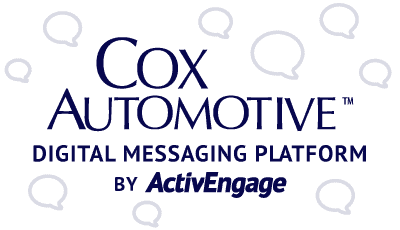If you’ve seen AMC’s Breaking Bad, you already know about the radical transformation of Walter White, a chemistry teacher who turned into a drug kingpin when he found out about his terminal cancer. You already know about last season’s epic chess match between Walt and Gus Fring, a respected restauranteur who used his business savvy to front an extremely successful methamphetamine distribution network.
And if you (for some reason) haven’t seen Breaking Bad - what the $#@! is wrong with you? What, are you too busy selling cars? Get your priorities straight.
We’re talking about the greatest television show ever. It’s visually stunning, masterfully suspenseful, hilariously clever - and it has been universally acclaimed as an unprecedented feat of acting and cinematography for four years in a row. If you’re missing out on this, take a few moments to seriously re-evaluate your life choices.
Whether you’re a fan of the show or one of the unlucky, misguided few who isn’t, Breaking Bad has tons to teach viewers about business and management. Gustavo Fring isn’t just an elusive crime lord with a multi-million dollar drug ring - he’s also an adaptable, super-competent businessman. What can Gus teach auto dealers about managing their dealerships?
Never make the same mistake twice.
Walter White makes a deal to cook meth for $15 million a year. As he struggles to wrap his head around his newfound wealth, Walt receives an invitation from Mr. Fring to dine together. Over a meal of Chilean paella, Gus tells Walt he wishes to help him - that anyone can be poor, but one must learn to be rich.
Walt asks, “And what advice do you have for me?”
When tensions rise between employees, a good leader will listen to both sides and find a solution where everyone wins. When Walt's partner Jesse takes issue with the methods of operation of two of Gus's subordinates, the meth distributor calls a meeting with both sides. Gus mediates the dispute, offering a compromise that keeps the peace between both sides. He then asks that both parties shake hands.
"This dispute will be settled right here, right now."
How have you handled workplace conflicts in the past? Listening is the most important part of conflict resolution - so make sure to give your attention to both sides equally. Gus never loses his cool in a negotiating situation, and neither should you. Remain disciplined and composed - even in the face of hostility.
Be respected, not feared.
After his enterprise almost destroyed his entire family, Walt refused to go back to work for Gus's drug ring. The kingpin tries everything to employ Walt's expert meth-cooking skills - he even offers 3 million dollars for a 3-month contract, just to be turned down. At the same time, drug cartel assassins have marked Walt for death, and Gus is the only thing stopping them. Confused by Walter's refusal, Gus's right-hand man Mike asks:
"If you want this guy to produce again, why not just tell him? You're the only thing that stands between him and an axe to the head."
"I believe fear to be an ineffective motivator. I want investment."
What makes your employees perform? Are they walking on eggshells around you for fear that they'll get chewed out or fired? Gus knows that fear does not inspire loyalty, creativity, or genuine commitment. Instead, ensure that your employees are invested in your business. They'll work harder when they feel that there's something for them to work for.
"When respect fails to motivate, you can always resort to the box cutter."
Forge ties between your business and your community.
When Gus isn’t orchestrating the largest drug operation in the southwest or running his legitimate fast-food front, he donates his time to the community. A philanthropist and generous donor to the Drug Enforcement Agency, Gus is well-respected within the Albuquerque police community. Of course, he uses his good standing with the community to hide in plain sight, but we can also look at Gus’s maneuvering as an example of a man leveraging his political capital to the advantage of his business.
Gus is a highly visible community leader, whether he's glad-handing with the DEA...
...or providing food for the entire Albuquerque police department.
Gus Fring used philanthropy to his advantage - and you can too. By working on a city board or becoming involved with a charity of your choice, you can increase your visibility and strengthen your relationships with future clients. Become involved with your community, and you'll bring awareness to your charitable work in the form of "cause marketing." Others in the community will evangelize your brand for you!









